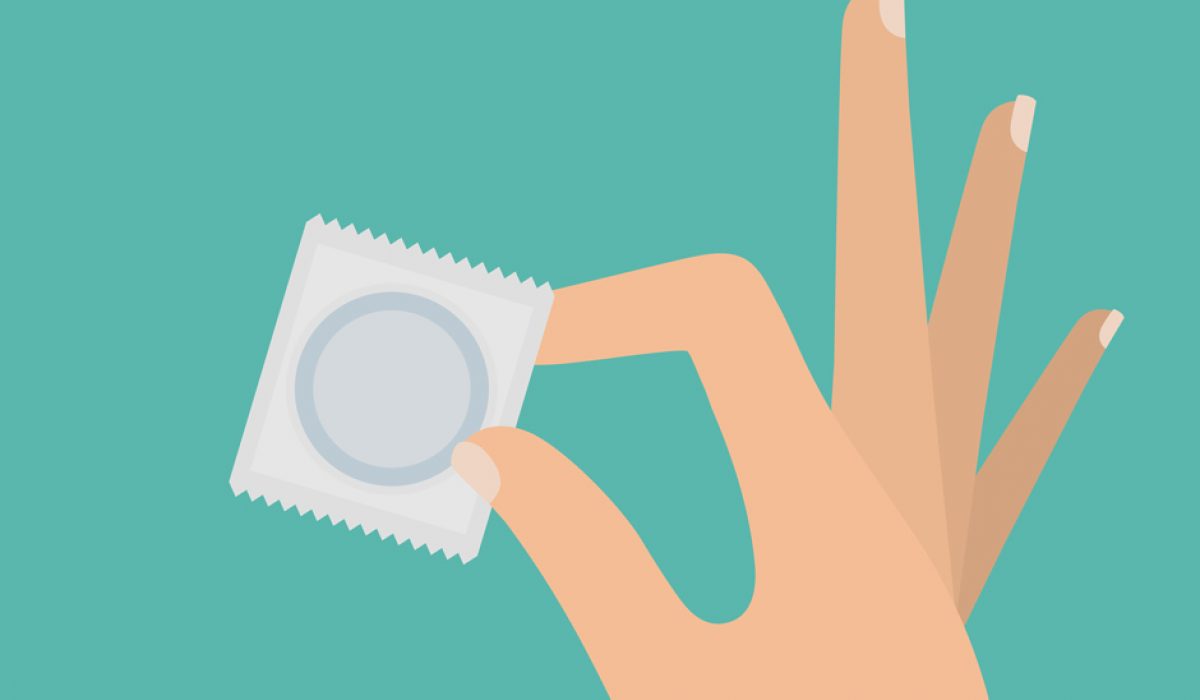If you’re sexually active, you may be wondering: how often should I get tested for STDs? Sexual health is important. In 2022 there were 392,453 diagnoses of STIs in England alone – up 23.8% on the previous year. There is also evidence that condom use is in decline.
Doctors in sexual health clinics are often asked: how often should I get tested for STDs? The answer depends on a number of lifestyle factors. To learn more about STI symptoms and testing, read on.
STI or STD – what’s the difference?
The terms STI (Sexually Transmitted Infection) and STD (Sexually Transmitted Disease) are in practice used interchangeably, to refer to infections spread through sexual contact.
In recent years, STI has become the more popular term. This is because it is considered to sound less stigmatising. Also since some STIs lurk without symptoms, ‘infection’ may be a more useful term than ‘disease’. In practice though, when you see the term STI or STD, they generally mean the same thing.
What are the STI symptoms to look out for?
All STIs are distinct, but different STIs can create similar symptoms. Common potential STI symptoms include:
- Pain during urination
- Sores, rashes or blisters around the anus and/or genitals
- Itching, tingling or irritation of the genital area and/or anus
- Discharge from the genitals or anus that has an unusual colour, smell or consistency
- For women, irregular periods, bleeding after sexual intercourse or bleeding between a period
- For men, pain in the testes
- Fleshy growths, warts or lumps in the genital or anal area
- For women, abdominal or pelvic pain
More uncommon STI symptoms are those that can appear for HIV and syphilis. The principal HIV symptoms include a red rash on the body and fluish illness. For syphilis STI symptoms, the sufferer may notice a rash, fluish symptoms, and one or more painless genital sores.
While strictly speaking, pubic lice and scabies are not an STI or STD, they are usually picked up through sexual activity. Symptoms include a rash, itching around the genitals, blood spots on the genitals, and dark spots found in underwear.
Will I notice STI symptoms if I become infected?
“Not necessarily,” says Dr Albert Aka, Consultant Gynaecologist at The Gynae Centre. “Actually up to 7 in 10 women with chlamydia don’t get STI symptoms when they’re infected, even though potential complications from untreated chlamydia are serious and include infertility. HIV can lurk for years unnoticed. Really – except in a long-term monogamous relationship in which both partners have already been tested and you see no STI symptoms – you should get tested after any unprotected sex, symptoms or not.”
Who is at risk of STIs? Do I need an STI test if I’m in a relationship?
Simply put, if you’re a sexually active person, you’re at risk of STIs.
Obviously the risk of STI infection is elevated for people having casual sex with different people, or intimacy with a new partner. Anal sex carries a greater risk because the anus lining is fine and can more easily tear, making it more susceptible to infection.
While condom use significantly reduces the risk of STIs, there are a number of infections (such as herpes) that can be transmitted via skin-on-skin contact or other sex acts such as sharing sex toys or oral sex.
Of course, the risk is lower for couples in declared monogamous relationships that have both been tested. Sadly though, infection is still not unheard of – so if you begin experiencing STI symptoms, even if infection seems impossible, you should get tested.
In other words, while the level of risk can vary significantly depending on lifestyle and condom use, any sexually active person is a person who is at risk of STIs.
To practise safer sex it is recommended that you:
- Use condoms/dental dams until you and a new partner have been tested and given the all-clear
- Do not share sex toys
- Keep in mind that you can get STDs through anal sex, skin-to-skin contact, and oral sex too
- Get tested for STIs regularly
How often should I get tested for STDs?
The question how often should I get tested for STDs is one that a lot more people need to ask – particularly those who might mistakenly consider themselves low risk. For example, recent reports show a 20% rise of STDs among the over-65s. And while casual sex is still popular, there is evidence that condom use is declining.
If you are sexually active, you should get tested for STDs each time you get a new sexual partner – and you should ask your new partner to do likewise, using condoms until you both have the all-clear. In addition, it’s good practise to get an STI check annually. And of course, if you develop STI symptoms, even if a new infection seems impossible, you need to get tested.
It is advised that gay, bisexual and other men that have sex with men should get tested for HIV and other STDs once a year, or once every three months if they are having casual sex without condoms or sex with a new partner without condoms.
How often should I get tested for STDs of different types? Are there different windows of infection?
If you have had sex without a condom and you aren’t sure if the person you were intimate with has an STD, you should get tested. Having said that, different infections have varying ‘window periods’ – weeks or months before they will show up on a test. Therefore, testing too early can result in false negatives. For instance you can:
- Test for gonorrhoea and chlamydia after 14 days
- Test for hepatitis B, hepatitis C, and syphilis after 12 weeks
- Get tested for HIV after 45 to 90 days (depending on the test you opt for)
Crucially though, the longer an infection goes undetected, the greater the risk of serious complications – so don’t wait to get tested for STIs.
Here at The Gynae Centre, our testing precision is second to none. In many cases we can offer appointments without the wait, giving you peace of mind.
For true clarity and reassurance on your sexual health, book a consultation online or call 020 7580 8090






